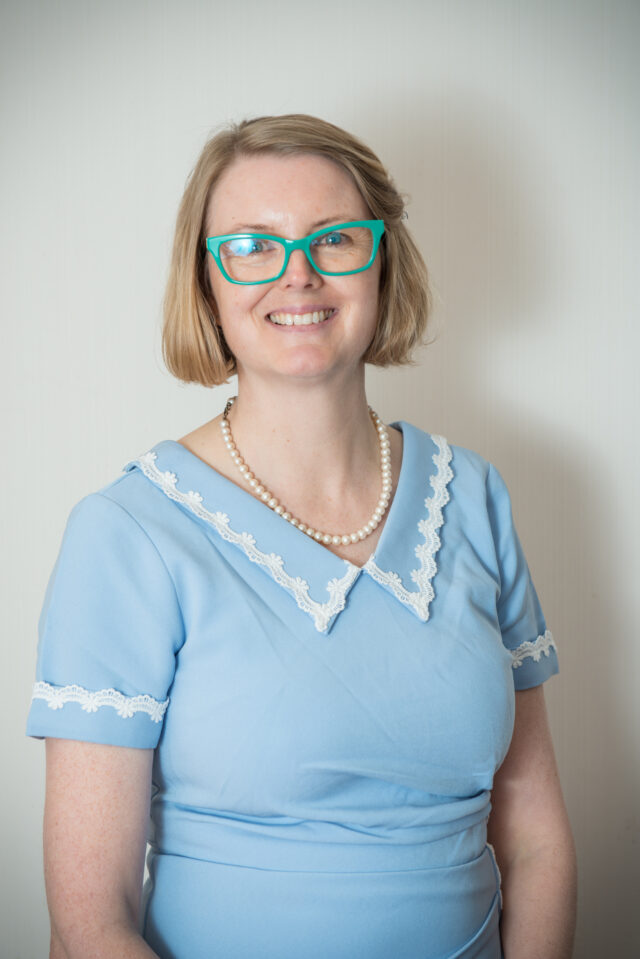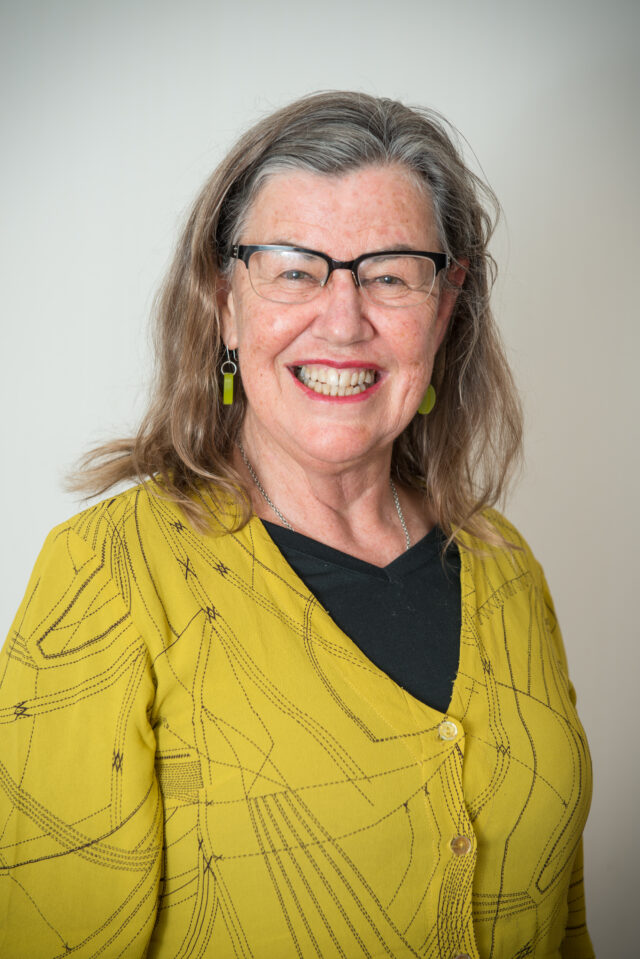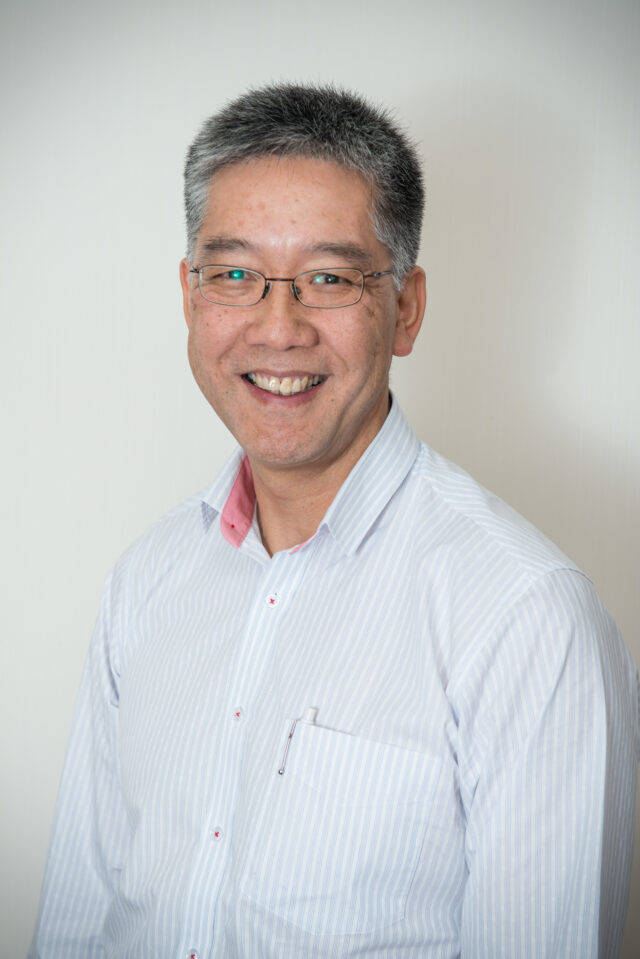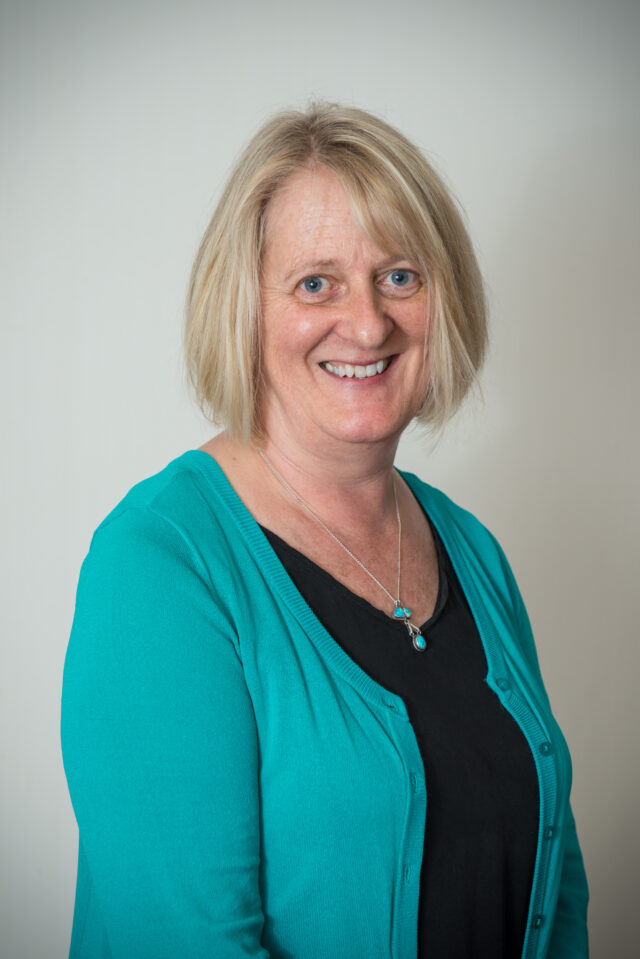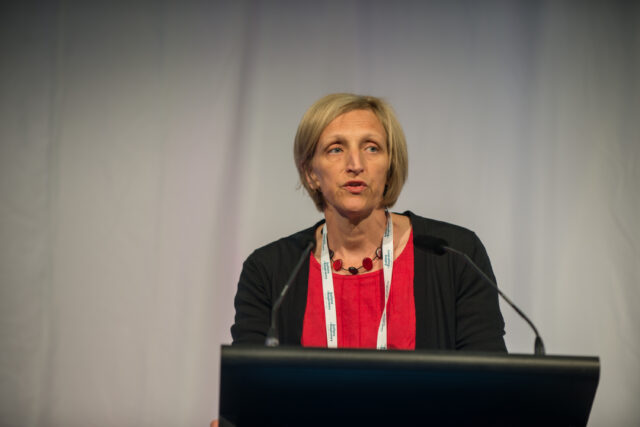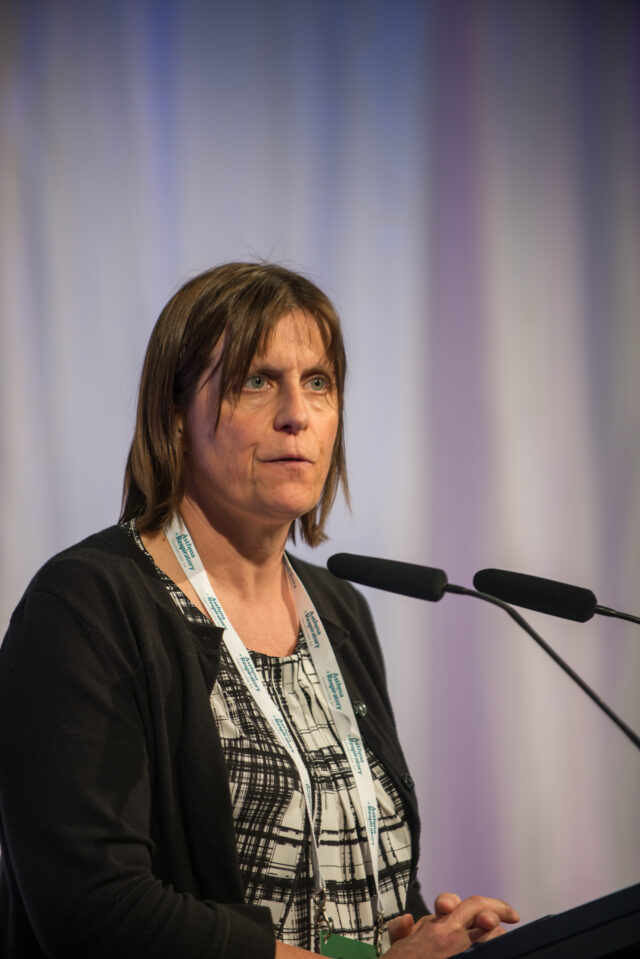Day one: New Zealand Respiratory Conference 2017
SESSION ONE - THE IMPACT OF RESPIRATORY DISEASE
Plenary One - An overview of the Respiratory Impact Report
Lucy Telfar Barnard
The Respiratory Impact Report describes rates and trends in New Zealand respiratory mortality and morbidity, and the economic cost of respiratory disease. Dr Telfar Barnard will present the key findings of the 2016 report, highlighting where we're making progress and where we're not.
She will report outcomes for the key indicators asthma, bronchiectasis, childhood bronchiolitis and pneumonia, and COPD, with a particular focus on ethnic, socioeconomic and regional inequalities.
Download the powerpoint here
Watch the presentation here
SESSION TWO – Poverty/Housing/Social Determinants
Prof Philippa Howden-Chapman
Philippa Howden-Chapman, professor of public health at
the University of Otago, Wellington, is the director of He
Kainga Oranga/ Housing and Health Research Programme
and the NZ Centre for Sustainable Cities. Her team's
randomised community trials, in partnership with local
communities, provide evidence to inform housing, health
and energy policy.
Their work focuses on reducing inequalities in the determinants of health and they have received a number of awards including the Prime Minister's Science Team Prize. She is currently the chair of the WHO Housing and Health International Guideline Development Group and the International Council of Science Urban Health and Well-being Committee.
Download the powerpoint here
Watch the presentation here
SESSION THREE - Bronchiectasis, its effects on the NZ population and what we can be doing to address this
Dr Conroy Wong
Bronchiectasis is a condition characterised by chronic productive cough, airway
inflammation, and repeated respiratory infections. It is associated with progressive
decline in lung function, impaired quality of life, and increased mortality.
Recent data show that the incidence and prevalence of bronchiectasis in
New Zealand are comparatively high. The annual hospital admission rate for
bronchiectasis has been estimated at 25.7 per 100,000, with higher admission rates
in Māori and Pacific peoples, children aged 15 years or younger, and older adults.
Treatment options are limited and until recently little research has been undertaken
in this relatively common condition that was previously thought to be an orphan
disease. This talk will review new studies and research that are emerging that may
ultimately have an impact on the management of bronchiectasis.
Download the powerpoint here
Watch the presentation here
SESSION FOUR - Bronchiectasis - A community perspective
Dr Sarah Mooney
Bronchiectasis: a community perspective moving towards self-management.
What physiotherapy can offer this community? Recent European Respiratory Guidelines for the management of adult
bronchiectasis (2017) recommend individualised programmes of regular airway
clearance and exercise.
Physiotherapy offers more than this, extending across age and disease continuums, and interconnecting with different community providers. Education is integral to self-management, alongside negotiation and navigation through the barriers of access and adherence. A comprehensive, flexible and integrative approach is essential for management of this growing community of people with bronchiectasis.
Download the powerpoint here
Watch the presentation here
SESSION FIVE - The recognition and assessment of sleep disordered breathing in children
Dr Liz Edwards
Both in the public arena and in primary care there is a concerning lack of recognition that
sleep disordered breathing occurs in children. The idea that children suffer from OSA is
often discounted. This presentation will outline how to recognise sleep disordered
breathing in children, those at high risk, how to make an initial assessment, and who and
where to refer onto for further investigation.
Download the powerpoint here
Watch the presentation here
SESSION SIX - Sleep apnoea: resources for whānau and Māori
Dr Angela Campbell
Angela is the manager of WellSleep, the University of Otago
Wellington Sleep Investigation Centre and a Senior Lecturer
in the Department of Medicine. She has worked in both
paediatric and adult sleep services since completing her PhD
in 1997.
Research interests include the provision of sleep health education to the public, technology in the treatment of sleep disorders, familial links in OSA and oximetry in paediatric populations. Her teaching role encompasses teaching sleep medicine and technology to Wellington based medical students, post graduate students working in primary care and those wishing to train as a clinical physiologists. Angela is chair of the Clinical Physiologists Registration Board, a committee member of the NZ Branch of the Australasian Sleep Association and involved in the Paediatric Clinical Network for Sleep Medicine. She is an honorary member of the Australasian Sleep Technologists Association.
Download the powerpoint here
Watch the presentation here


